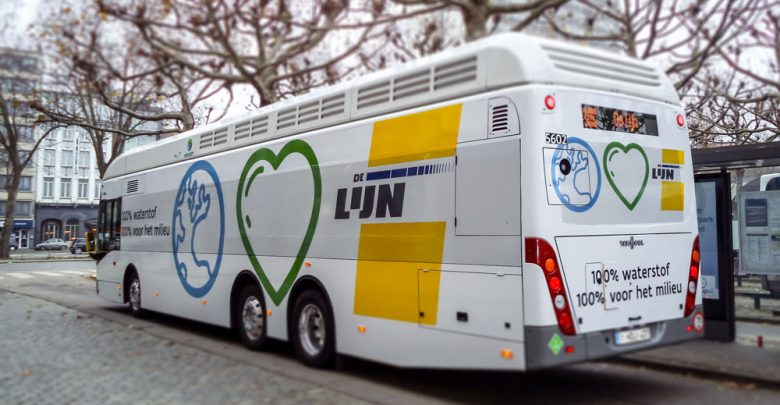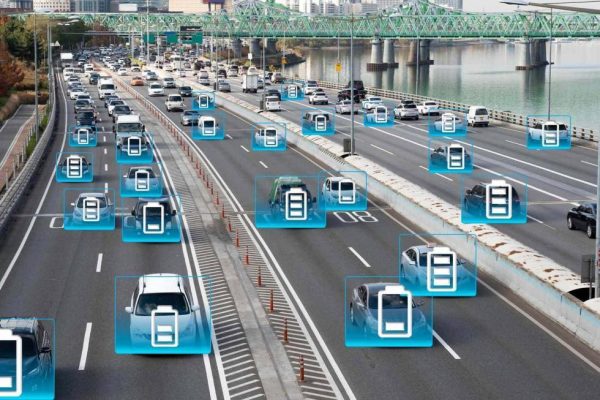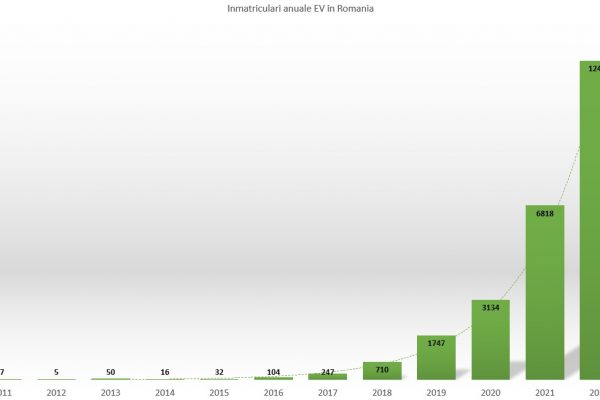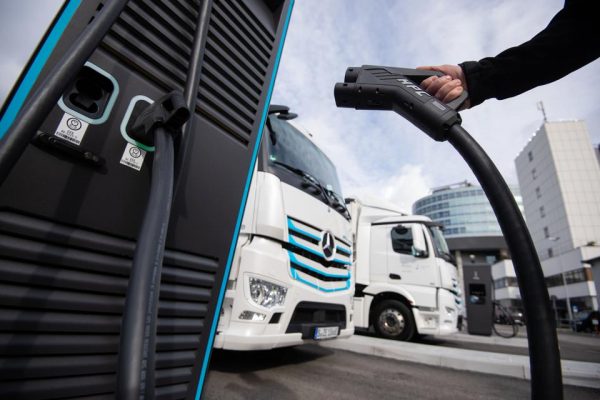The use of conventional fuels is a taboo topic in Europe, with many cities announcing that cars with diesel engines would have a difficult life from now on. All in the name of combating greenhouse gas emissions and, naturally, public transport could not be avoided by these drastic measures either. Thus, perhaps as a preamble for the period to come, the citizens of Bucharest have had the chance to see a hydrogen-powered bus on the streets of the capital.
Belgium’s Van Hool has presented a hydrogen vehicle during the high-level Set-Plan & ENVE Joint Conference, having as topic ‘Making the energy transition happen locally’, which was organized by the European Commission with the Romanian Municipalities Association, the European Committee of the Regions and the Ministry of Energy, at the Polytechnic University of Bucharest.
The SET Plan 2019 Conference (European Strategic Energy Technology Plan) and the ENVE Commission Meeting (Commission for the Environment, Climate Change and Energy) within the European Committee of the Regions were attended by over 600 local and regional elected leaders, presidents of regions, mayors within the 28 Member States of the European Union, government members, researchers, as well as representatives of companies active in the energy sector.
The bus that was presented in Bucharest uses a recently developed technology, based on fuel cells powered by hydrogen and batteries. In this hybrid architecture, the fuel cell provides all energy for the vehicle to work, while the batteries ensure peak power for the engines to cope with rapid acceleration. The refuelling of such a bus lasts about 7 minutes today for the regular filling of the tank. But soon the technology needed to get a full tank in less than 5 minutes will be available.
Since the fuel cell only generates water emissions, these buses do not pollute the atmosphere. Such passenger vehicles are already used in several major cities in Europe such as London, Amsterdam, Hamburg, Cologne, Frankfurt, Rotterdam or Milan.
Background
Hydrogen and fuel cells are seen by many as key solutions for the 21st century, enabling clean efficient production of power and heat from a range of primary energy sources. The High-Level Group for Hydrogen and Fuel Cells Technologies was initiated in October 2002 by the Vice President of the European Commission, Loyola de Palacio, Commissioner for Energy and Transport, and Philippe Busquin, Commissioner for Research. The group was invited to formulate a collective vision on the contribution that hydrogen and fuel cells could make to the realisation of sustainable energy systems in future.
“Hydrogen marks a revolution in how energy can be produced and stored,” said Commissioner Busquin. “Up until now in the ‘fossil fuel civilisation’, we have been trying to strike a balance between the need to foster economic growth and at the same time to ensure this has a minimum impact on the environment. With an extensive use of hydrogen as an energy carrier, this conflict will be resolved. But Member States and industry cannot bring about this revolution on their own: efforts are scattered, resources are dispersed, and costs are extremely high. We need a major effort at EU level to streamline and make different initiatives converge in a consistent way,” he added.
Hydrogen can be used directly in combustion processes in the same way as gasoline or natural gas. However, fuel cells represent the most promising technology for using hydrogen for power generation in a wide range of energy end-use applications. Hydrogen can be obtained from many primary energy sources by appropriately treating fossil or bio-fuels, or by electrolysis of water using electricity generated by renewable energy sources, such as solar, wind, wave or tidal power. Hydrogen can therefore bridge the transition from a fossil-based energy economy to one based more on renewable energy sources.
Today hydrogen technologies are still expensive. No distribution infrastructure, similar to the one for fossil fuels, is in place. Hydrogen is routinely used today for many industrial processes. The use of hydrogen as a fuel has, until now, mainly focused on aerospace applications (i.e. rockets).
But fuel cell electric vehicles, along with heat and power systems, are now being developed. Large-scale power plants are the next step. Hydrogen-propelled aircraft, trains and ships can be envisaged in the future.




